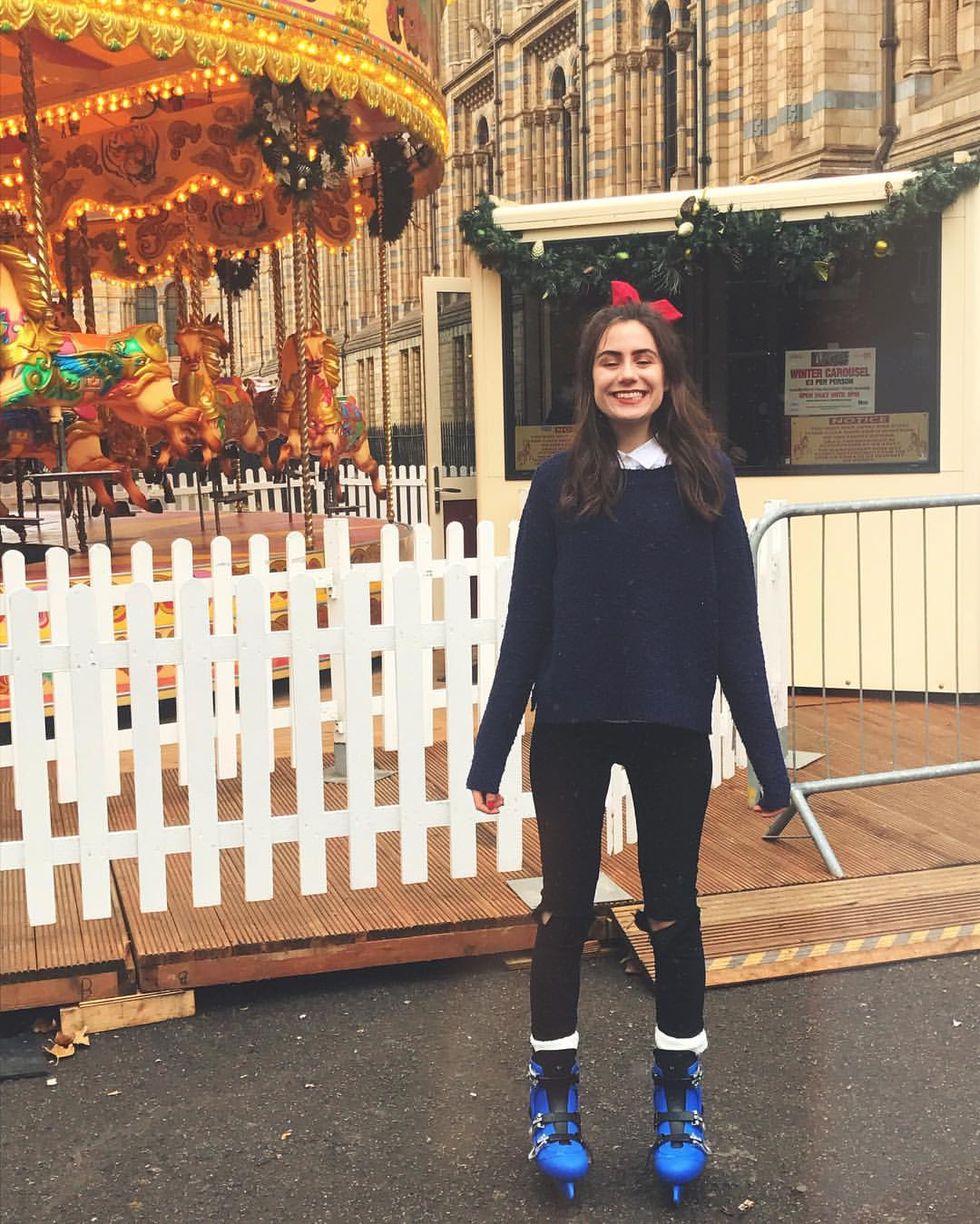For those unaware, Dodie Clark is a British YouTuber known for her music (original songs and covers using multiple instruments) and her struggles with depersonalization, anxiety, and depression. Dodie, known online as doddleoddle, has faced many ups and downs through the years and her online followers have been given a firsthand glimpse through every twist and turn, with her most intimate posts residing mainly on Snapchat and Instagram.
Recently, Dodie posted a video on her vlog channel, doddlevloggle, called “am i oversharingggg too much” with her friend Hazel. In it, the two flatmates discuss Dodie’s constant sharing of her struggles, sometimes too intimately. Hazel admits both to Dodie and her viewers that she often can’t watch Dodie’s Snapchats because they can get so detailed that they trigger her own mental health deterioration sometimes. They go on to discuss their thoughts on social media and creativity as well as how these affect this generation’s coping mechanisms regarding mental health issues, often branching outward through posts.
Since this video, Dodie has posted an apology video titled “follow up” to doddlevloggle, showing genuine remorse regarding the concern and agitation she has caused friends and fans alike.
As a fan of Dodie and as someone with anxiety, I forgive her for the occasions in which she has crossed the line. When your life is constantly within reach of thousands of people (she currently has more than 1,174,000 subscribers on her doddleoddle channel and an estimated 647,000 followers on her Instagram), there is a pressure to share in order to keep the people interested. With mental health issues, there is a strong desire to reach out for understanding, because these illnesses often distance people from those close to them or make them feel like a burden.
Learning to balance privacy and publicity is a struggle for all celebrities, and even for the average person; if you don’t believe me, go scroll through Facebook for a few minutes and come back. This balancing act is made harder when mental illness is involved, and I have faith that Dodie will find the right mix. She has been writing songs (Take “6/10” or “Intertwined”, for example) about her hardships for years, but has also rejoiced with us with songs like “Freckles and Constellations” and “One for the Road.”
If anything, I am grateful for Dodie’s accidental oversharing and for the fact that she addressed the mistake publicly rather than running from it. By bringing her mistakes to people’s attention, not only does she acknowledge what she did, but she shows her fan base how to admit their faults as well as how media oversharing can affect those around them. Dodie’s case must be on a much larger scale, but the effects on others are still there.
Once again, Dodie Clark shows herself to be the kind, compassionate young woman her fans have always known her to be; she just happens to have issues with her mental health. As she says, after all, her mental health is not her brand, though she is proud to be an emotional person who talks about deep, meaningful emotions.








































